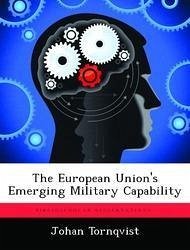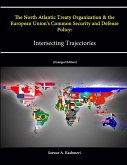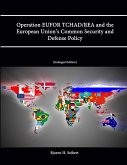The European Unions decision to create a military capability is a first step towards a common European defense. However, this development is not without problems. The NATO members who are not EU members regard the project with a somewhat skeptical view. They are concerned that an independent force outside NATO's planning system will deplete the alliance rather than augment it. France is the greatest advocate for the EU's political independence and Turkey is the most negative NATO member, blocking EU's proposed mechanism for cooperation between the EU and NATO. The reasons for these two controversial standpoints are to be found in domestic politics rather than foreign affairs in the case of France and in the legitimate security concerns on the Turkish part. There is also the question about the actual capability of the EU force. Several important shortfalls have been identified, requiring US and/or NATO assets to fulfill all of the stated Petersberg tasks. The solution to these problems lies in increased military spending and the enlargement of the EU.
Hinweis: Dieser Artikel kann nur an eine deutsche Lieferadresse ausgeliefert werden.
Hinweis: Dieser Artikel kann nur an eine deutsche Lieferadresse ausgeliefert werden.








